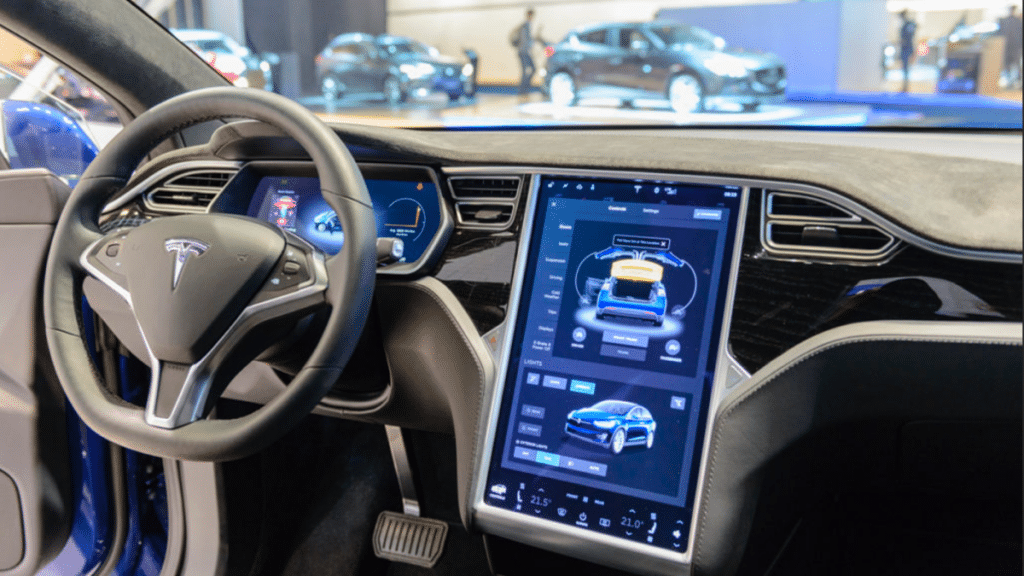Tesla Motors, a pioneering force in the automotive industry, has seamlessly integrated cutting-edge technology with innovation to revolutionize the electric vehicle market. At the core of Tesla’s success lies its strategic implementation of data-driven solutions across various facets of its operations. By mobilizing the power of data, Tesla has optimized its manufacturing processes, streamlined supply chain management, and developed advanced vehicle designs that redefine industry standards. Tesla is known for its unwavering dedication to innovation. It uses data insights to improve consumer experiences and propel the development of sustainable transportation solutions. This article delves into Tesla’s data implementation plan, exploring the strategies that have propelled the company to the forefront of automotive innovation.
Infrastructure Development Strategy:
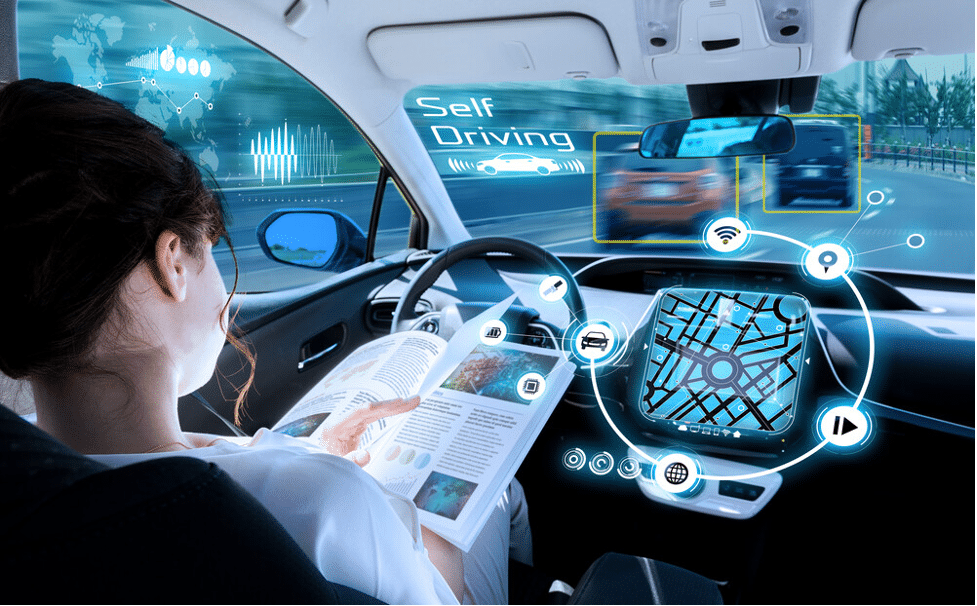
Tesla Motors’ Infrastructure Development Strategy encompasses a multifaceted approach to establishing a robust network of charging stations and service centers to support its expanding fleet of electric vehicles (EVs). Leveraging data analytics, Tesla strategically identifies high-traffic areas and critical routes to deploy Supercharger stations, ensuring convenient access for drivers across diverse geographic regions. Additionally, the company utilizes real-time data to monitor station utilization rates, optimizing charging infrastructure placement and capacity allocation to meet evolving demand patterns. Furthermore, Tesla’s data-driven approach extends to designing and implementing service centers, where predictive maintenance algorithms anticipate potential issues, enabling proactive servicing to minimize vehicle downtime. Through continuous analysis and adaptation, Tesla maintains a competitive edge in infrastructure development, reinforcing its commitment to providing seamless, reliable support for EV owners worldwide.
Supply Chain Optimization Approach:
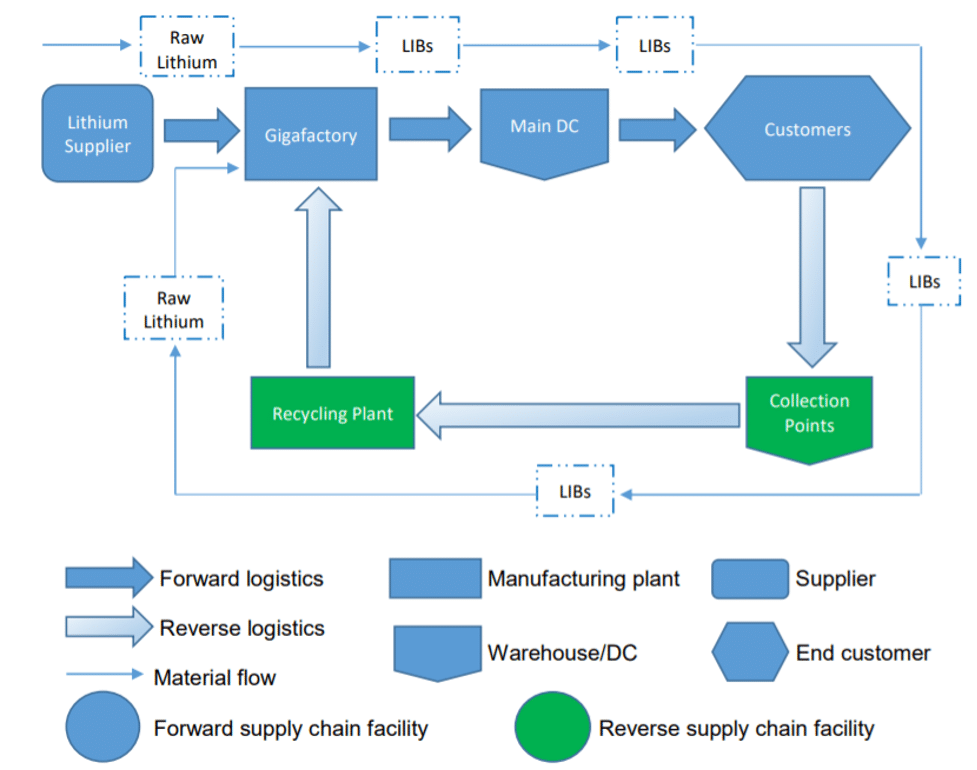
Tesla Motors’ Supply Chain Optimization Approach leverages data analytics to enhance efficiency, transparency, and sustainability throughout its global supply chain network. Tesla utilizes advanced technologies like artificial intelligence and machine learning to analyze vast data, forecast demand, optimize inventory, and mitigate supply chain risks. Through real-time monitoring of supplier performance metrics, Tesla identifies areas for improvement and collaborates with partners to drive continuous enhancements in quality and reliability. Furthermore, the company employs data-driven insights to optimize transportation routes, reduce lead times, and minimize carbon emissions associated with logistics operations. Tesla’s commitment to supply chain optimization extends beyond operational efficiency, as the company prioritizes ethical sourcing practices and promotes environmental stewardship across its supply chain ecosystem. With data as its cornerstone, Tesla maintains a competitive advantage in supply chain management, ensuring the seamless delivery of high-quality components to support its innovative electric vehicle manufacturing processes.
Integration of Advanced Manufacturing Technologies:
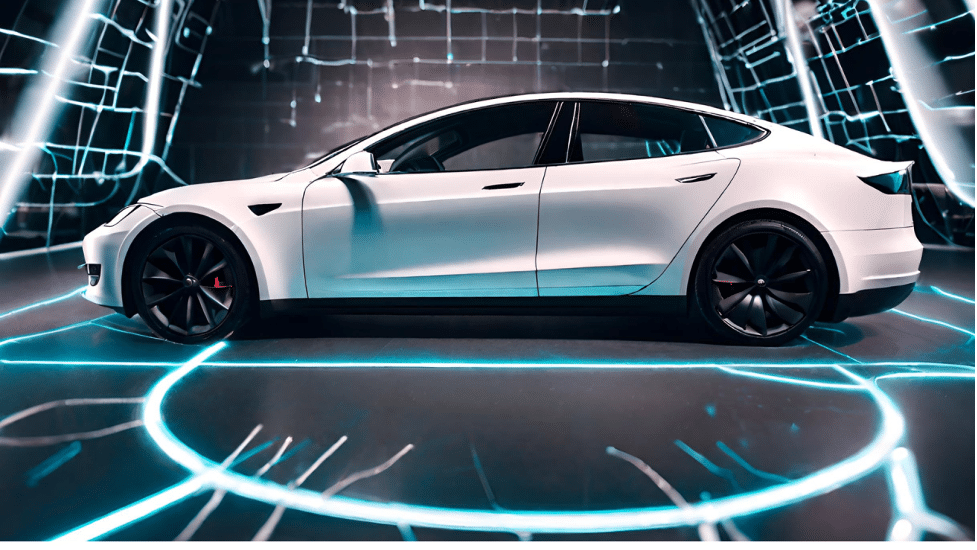
Tesla Motors embraces the Integration of Advanced Manufacturing Technologies to revolutionize the production of electric vehicles (EVs) and drive efficiencies across its manufacturing facilities. Through data-driven insights, Tesla optimizes every aspect of the production process, from vehicle design and prototyping to final assembly and quality control. By implementing robotics, automation, and Internet of Things (IoT) devices, Tesla enhances production line speed, precision, and flexibility, resulting in higher output volumes and superior product quality. Furthermore, the company utilizes predictive maintenance algorithms to anticipate equipment failures and minimize downtime, ensuring uninterrupted manufacturing operations. Additionally, Tesla harnesses data analytics to optimize energy usage within its factories, reducing environmental impact and operational costs. Through continuous innovation and adaptation, Tesla remains at the forefront of advanced manufacturing, driving the adoption of sustainable and efficient production practices in the automotive industry.
Data-driven Vehicle Design and Engineering Processes:
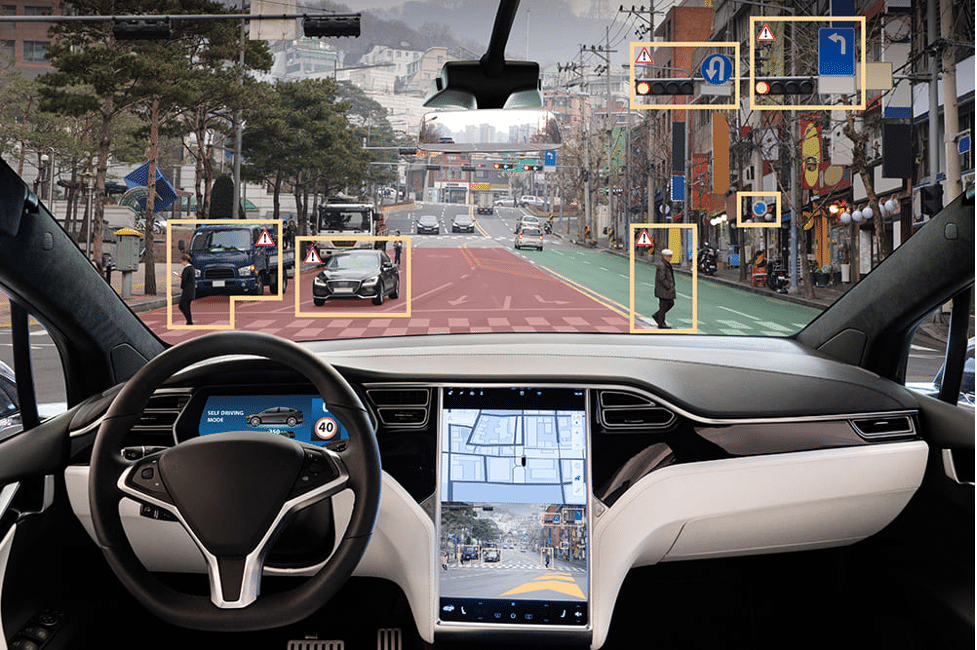
Tesla Motors employs Data-driven Vehicle Design and Engineering Processes to innovate and optimize the performance, safety, and efficiency of its electric vehicles (EVs). Leveraging vast amounts of data collected from vehicle sensors, simulations, and customer feedback, Tesla engineers iteratively refine vehicle designs to enhance aerodynamics, energy efficiency, and range. Through advanced computational modeling and simulation techniques, Tesla accelerates the development timeline, enabling rapid iteration and validation of design concepts. Furthermore, Tesla utilizes machine learning algorithms to analyze vehicle performance data in real-world conditions, identifying areas for improvement and fine-tuning vehicle systems for optimal performance and reliability. By integrating data analytics into every stage of the vehicle design and engineering lifecycle, Tesla is a leader in automotive innovation, delivering cutting-edge EVs that surpass industry standards in performance, safety, and sustainability.
Customer Relationship Management Systems:
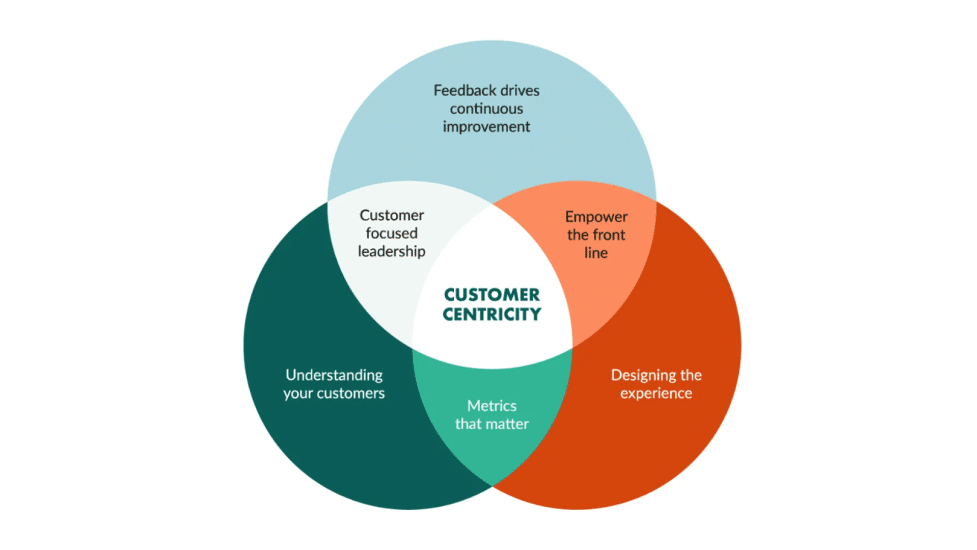
Tesla Motors employs advanced Customer Relationship Management (CRM) Systems to enhance customer satisfaction, loyalty, and retention. Through comprehensive data analysis of customer interactions and feedback, Tesla gains valuable insights into consumer preferences, purchasing behaviors, and satisfaction levels. By leveraging predictive analytics, Tesla anticipates customer needs and proactively delivers personalized experiences, from vehicle customization options to service recommendations. Tesla’s CRM systems enable seamless communication channels, efficiently resolving customer inquiries, concerns, and service requests. Furthermore, Tesla utilizes data analytics to refine its marketing strategies and target relevant messaging to specific customer segments, maximizing engagement and conversion rates. Using data-driven insights, Tesla cultivates brand loyalty and advocacy in the rapidly evolving electric vehicle market by maintaining strong customer relationships.
Smart Grid Integration for Electric Vehicle Charging:

Tesla Motors spearheads Smart Grid Integration for Electric Vehicle (EV) Charging, leveraging data-driven solutions to optimize charging infrastructure and support sustainable energy consumption. Through strategic partnerships and innovative technologies, Tesla develops intelligent charging solutions that maximize the efficiency and reliability of EV charging networks. Utilizing real-time data analytics, Tesla dynamically manages charging load distribution to mitigate grid congestion and optimize energy utilization. Furthermore, Tesla integrates smart grid capabilities into its vehicles, enabling bidirectional energy flow and vehicle-to-grid (V2G) functionality to support grid stabilization and demand response initiatives. Additionally, Tesla collaborates with utilities and energy providers to deploy renewable energy sources and energy storage solutions, further enhancing the sustainability of EV charging operations. By pioneering Smart Grid Integration, Tesla empowers EV owners to contribute to a cleaner and more resilient energy ecosystem while ensuring reliable charging experiences.
Continuous Improvement and Innovation in Data Analytics:
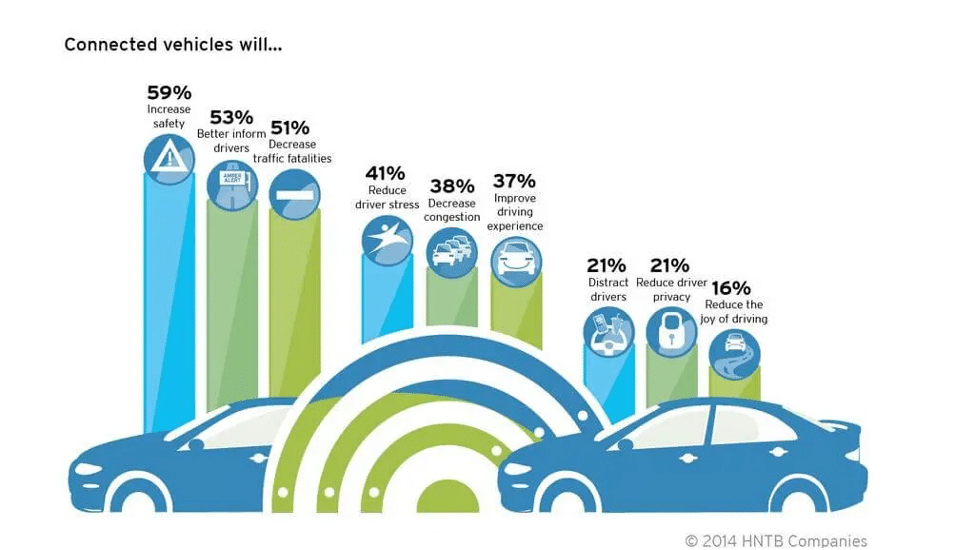
Tesla Motors prioritizes Continuous Improvement and Innovation in Data Analytics to drive ongoing enhancements across its operations and product offerings. Through a culture of data-driven decision-making, Tesla fosters innovation and agility, continually refining its analytical capabilities to uncover new insights and opportunities. By investing in advanced analytics tools and techniques, Tesla enhances its ability to extract meaningful patterns and trends from vast and complex datasets. Furthermore, Tesla employs machine learning and AI algorithms to automate processes, optimize workflows, and unlock predictive insights, enabling proactive decision-making and risk mitigation. Additionally, Tesla fosters a collaborative environment where cross-functional teams leverage data analytics to drive innovation in product development, marketing strategies, and customer experiences. With an attitude of ongoing improvement and innovation, Tesla remains at the forefront of data analytics excellence, driving sustainable growth and competitive advantage in the active automotive industry.
Conclusion:
In summary, Tesla Motors is a prime example of how data-driven innovation may revolutionize the automobile sector. Tesla has set industry standards and accelerated the general adoption of electric vehicles by strategically deploying data across its supply chain, production processes, customer relations, and infrastructure, among other areas. Tesla is pushing the envelope and reshaping the transportation industry to be more efficient and sustainable via constant innovation and improvement. As evidenced by Tesla’s journey, utilizing data effectively is a strategy and a catalyst for positive change and upending established sectors.
